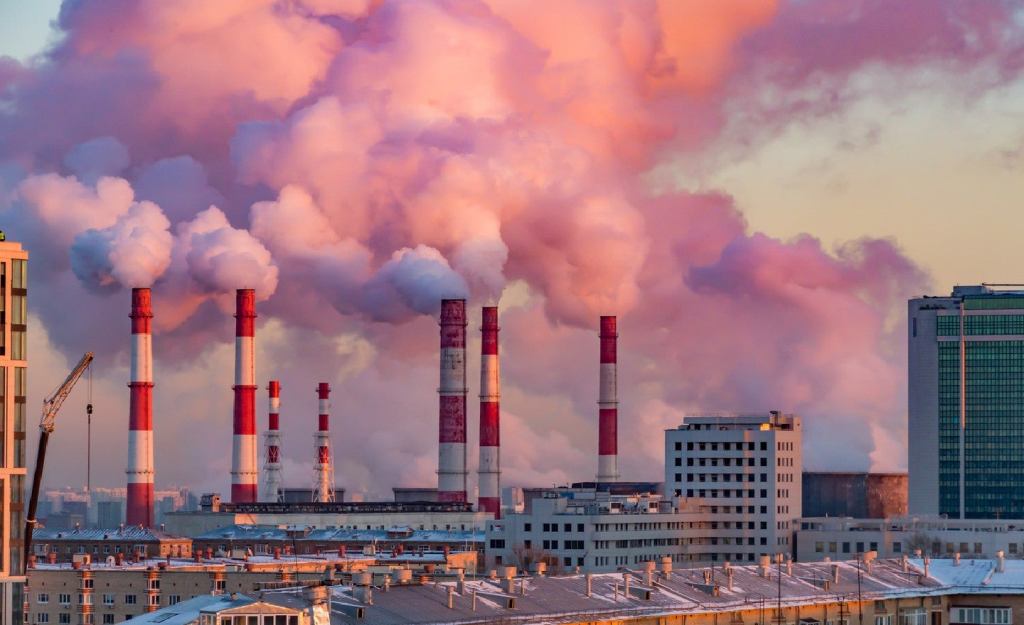
By Anders Lorenzen
Just months before the crucial COP26 climate summit begins, the UN has issued a stark warning that we are far off the speed needed to tackle the climate crisis. They say that contrary to some reports during the height of the pandemic the pace of climate change has not been slowed by COVID-19 and that the world remains locked in the battle to urgently cut its emissions.
The UN body the World Meteorological Organization (WMO) explained that the economic downturn brought on by nationwide lockdowns only caused a temporary downturn in emissions and was not enough to reverse the rising levels of greenhouse gasses (GHG) in the atmosphere.
Not going in the right direction
WMO Secretary-General Petteri Talas said: “There was some thinking that the COVID lockdowns would have had a positive impact on the atmosphere, which is not the case,” and he warned that the world is in danger of missing out on building back sustainably from the COVID-19 crisis adding “it is not going in the right direction”.
The targets agreed to during the landmark COP21 summit in Paris in 2015 of limiting temperature rises to 1.5 degrees Celsius above pre-industrial levels, and which subsequently lead to the Paris Agreement, is in danger of not being met. It now looks like a distant pipedream.
Emissions bouncing back
UN Secretary-General Antonio Guterres said: “This is a critical year for climate action,” warning that we are at an “alarming appraisal of just how far off course we are.” He added: “This year has seen fossil fuel emissions bounce back, greenhouse gas concentrations continuing to rise, and severe human-enhanced weather events that have affected health, lives and livelihoods on every continent.”
The UN said that the concentrations in the atmosphere of the major GHG which are CO2, methane and nitrous oxide continued to rise in 2020. Indeed, during the first half of 2021, the average global temperature is now inching closer towards the 1.5C target at 1.06C to 1.26C above pre-industrial levels. There is now a 40% chance that the average global temperature within the next five years will be at least 1.5C warmer than at pre-industrial levels.
Guterres added: “Unless there are immediate, rapid and large-scale reductions in greenhouse gas emissions, limiting warming to 1.5C will be impossible, with catastrophic consequences for people and the planet on which we depend.”
WMO’s Talas said that if we don’t get climate change under control, the daily changes we witnessed during the COVID-19 pandemic will dwarf the changes a warming climate will bring: “If we fail at climate mitigation, we would have a permanent problem for at least hundreds or even thousands of years. The economic, human wellbeing effects would be much more dramatic than this COVID pandemic,” he said.
The UN released its climate change Synthesis Report last week detailing many of the concerns raised by Guterres and Talas.
Categories: climate change, COP26, UN
5 replies »